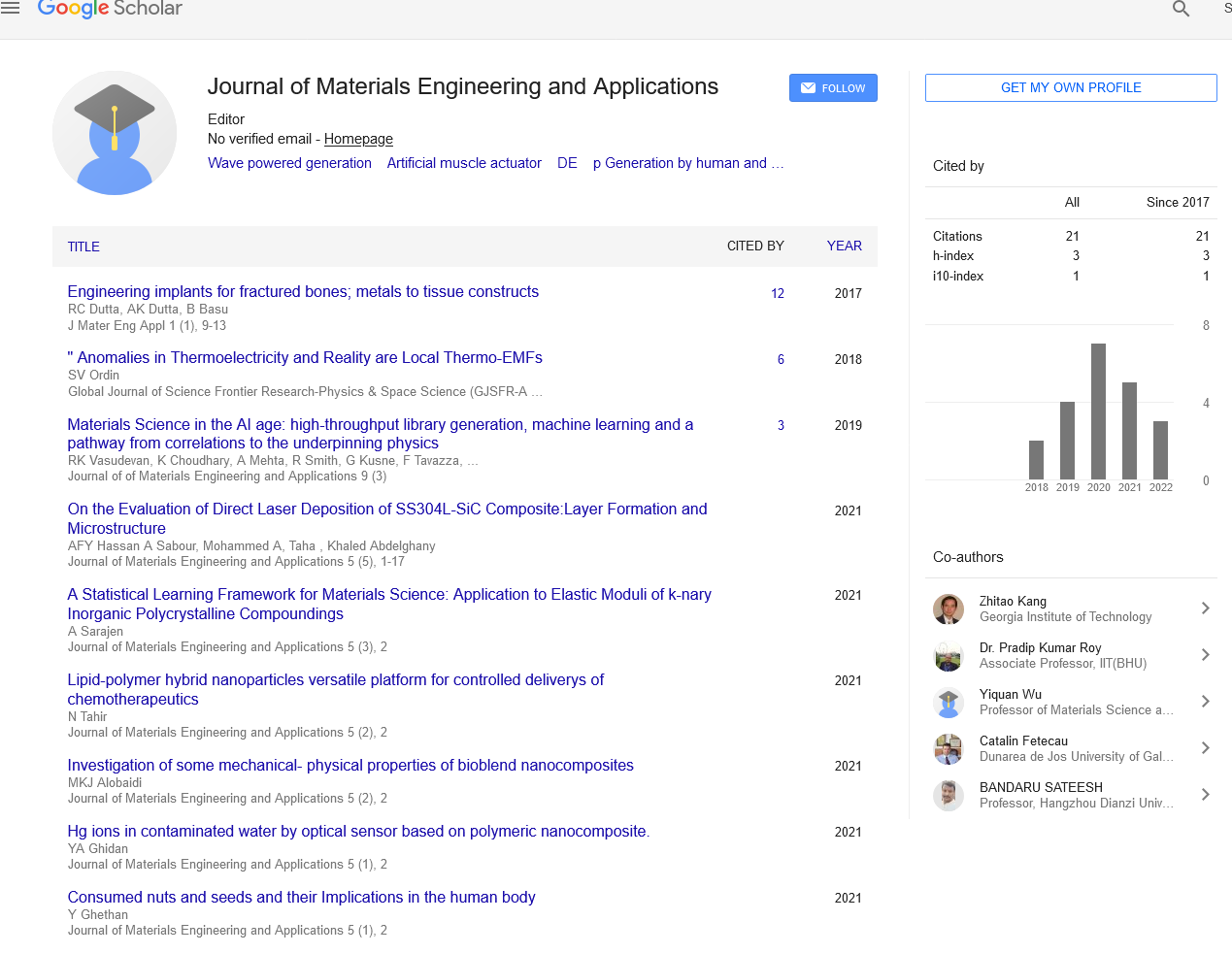
Sign up for email alert when new content gets added: Sign up
Abstract
The New Next Normal Circular Economics
Author(s): Woodrow W. Clark IIGiven the global Covid-19 pandemic has changed economic history from large gatherings of people at schools, concerts, religious services, conventions and travel, vacations and friends will require the creation of alternative ways to be together. Virtual and digital are not in person meetings so concerts, plays, city councils holding meetings, going to movie theaters as well as swimming in pools and oceans as well as parks and offices need to be at a distance (6 feet or more and masks). As The Economist “Special Report: The world economy” (October 10, 2020: pgs 1-16) notes in its subtitle “The peril and the promise” (pg 1 and 5) such as insurance rates have gone down due to less automobile traffic, the list of the varieties of social change has yet to be written. The Economist notes at the end of the Special Report that “This is not a typical recession” (pg. 13) and then on pg. 14 “This report has argued that the virus will hasten changes in the economy. That presents a risk: that governments will again fail to respond adequately to the depth of the transformation.” The Economist does not note that Circular Economics (CE) could be the solution which the world needs now. The world has changed – where will it go next? Circular Economics




